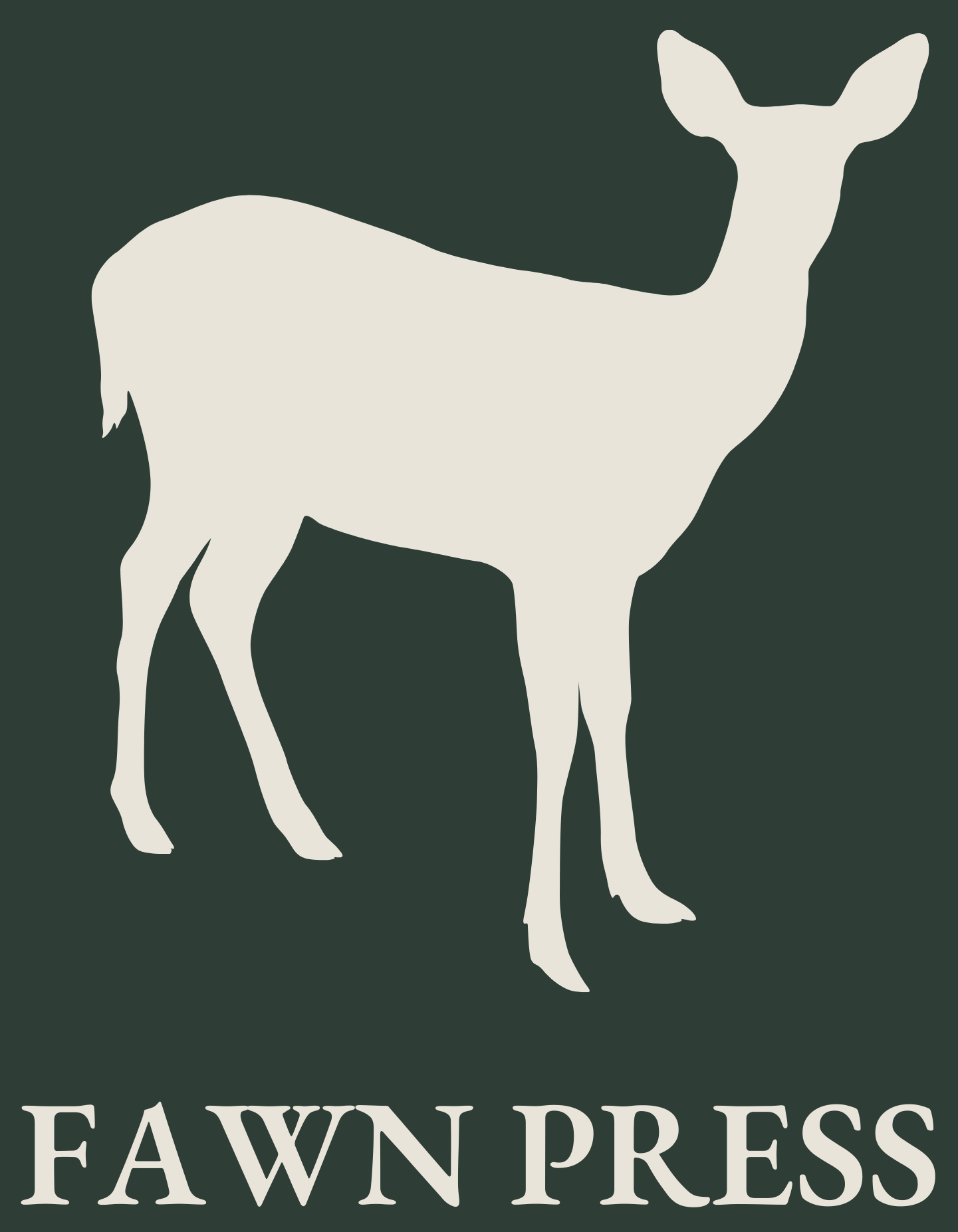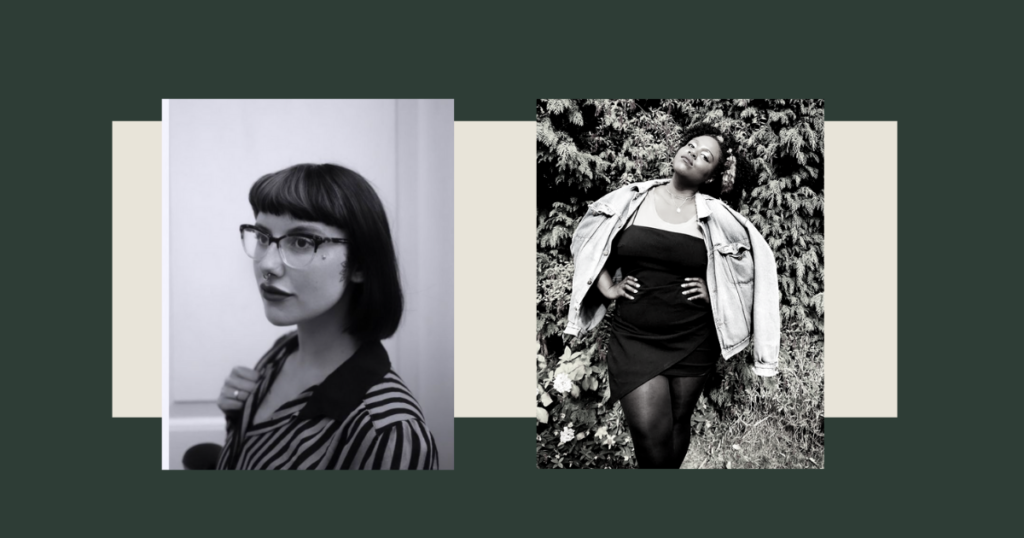We launched on the 1st September, finally unveiling the team behind Fawn Press over on social media, so get to know a little more about us, our background, and what we enjoy about poetry!
Scarlett Ward Bennett – Founder & Editor
Lexia Tomlinson – Editor
What sort of poetry do you like to read?
Lexia: “Ah! This question is always a good one. I am a book addict with pretty eclectic taste. I love the classics and the contemporary alike; I always want to devour poetry across time and continents.
I often revisit my favourite collections and anthologies such as William Blake’s Songs of Innocence and Experience , Warsan Shire Teaching My Mother How To Give Birth, Candy Royalle Heartbeat and The Penguin Book Of Modern African Poetry.
I am attracted to poetry that uses its platform and power yet plays with every notion of what you thought was possible with linguistic and literary features.”
Scarlett: “I agree with Lexia in that I enjoy poetry that teases your expectations and preconceptions. I love it when poetry shines a new light on the small details of life, perhaps the mundane and domestic, and revealing it in a new light or somehow augmenting my understanding, battering my emotions. I think Liz Berry’s soul-wrenching examination of Motherhood, or Nina Mingya Powles’ delicious analysis of food in relation to identity.
I love that poetry is always rebelling against itself, always inviting writers to redefine the definition and expectations of what poetry can be. I love Cynthia Miller’s experiments with form and structure, and how Luke Kennard writes a contemporary response to Shakespearean Sonnets. It is an ever-digesting self-consuming and rebirthing animal, and that’s what makes it so exciting!”
What Kind of poetry do you love to write and perform?
Lexia: “I love to write imagery-dense Narrative poetry in the first person pronoun;
I aim to paint a picture or have a movie running in readers or listeners minds when reading or hearing my poetry.
My ethos is entwined into my writing. I am driven to break down the personal and political barriers people feel exist in our daily lives and the world around us. By writing and performing my work in the first-person pronoun, I have found over the years, readers/audience members are more engaged and empathetic to the topics/issues I am presenting them.
This is so important because I truly believe humanity is at its best when we are empathetic to each other. It is an actual change-making vehicle.
If I am not political with my work, I want to play! I love to go to workshops and writing retreats and try out new styles and themes I wouldn’t have thought of attempting on my own.
I like to carefully curate my setlist when performing because performing poets are like emotional conductors in charge of soundscape and atmosphere. I want my audience to leave feeling better than when they came in.
Scarlett: “I’ve always considered myself a “Page-Poet.” I’m usually the one reading from their phone if I’m at live events. I feel much more at home when I’m working with words on the page in a visual sense, playing with the white space on the page and experimenting with the effects that line length, form and structure can have.
Everything we write is political, anything I write would be produced through the lens of a queer, working class woman and so would be queer, feminist, working-class poetry. I love to focus on nature and the impact that modern society has on our relationships with our bodies and one another as humans.
One of the reasons I was so drawn to working with Lexia was the way in which her practice embodies performance poetry, and so together I feel like we have the visual and the musicality interpretation of poetry covered, as our personal practices complement one another in their differences.
Check out our team page for more info on our background. Feeling inspired? Head over to submit today to our upcoming anthology!

